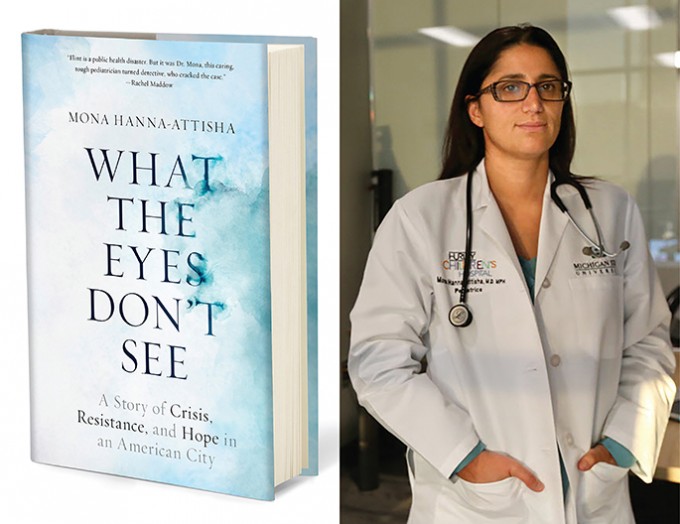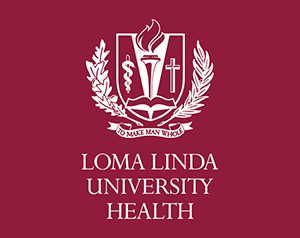Nursing Book Club
What the Eyes Do Not See: A Story of Crisis, Resistance and Hope in an American City by Mona Hanna-Attisha, M.D., MPH, FAAP
A pediatrician exposes the water crisis in Flint

Like electricity, public health is something we all benefit from, but which we often take for granted until it breaks down. The great advances public health has achieved in increasing our average lifespans and improving our quality of life remain fragile, depending on factors like vaccination, sanitation and clean water. Take any of those away and the consequences can be catastrophic.
Mona Hanna-Attisha, M.D., MPH, FAAP, a pediatrician at a public hospital in Flint, Mich., has seen firsthand what happens when one of the pillars of public health collapses. In her new book, What the Eyes Don’t See, Hanna-Attisha describes the crisis in Flint and the role she played in identifying the looming menace in Flint’s water.
Flint is a majority-black industrial city near Detroit, originally founded to house the families of General Motors workers and for many years the home of GM’s Buick Division. Flint is a majority-black industrial city near Detroit, originally founded to house the families of General Motors workers and for many years the home of GM’s Buick Division.
In 2014, Flint’s unelected emergency manager decided to save money by changing the source of the impoverished city’s water supply from Lake Huron to the polluted Flint River. Officials also decided to forgo corrosion control measures to save another $100 a day.












